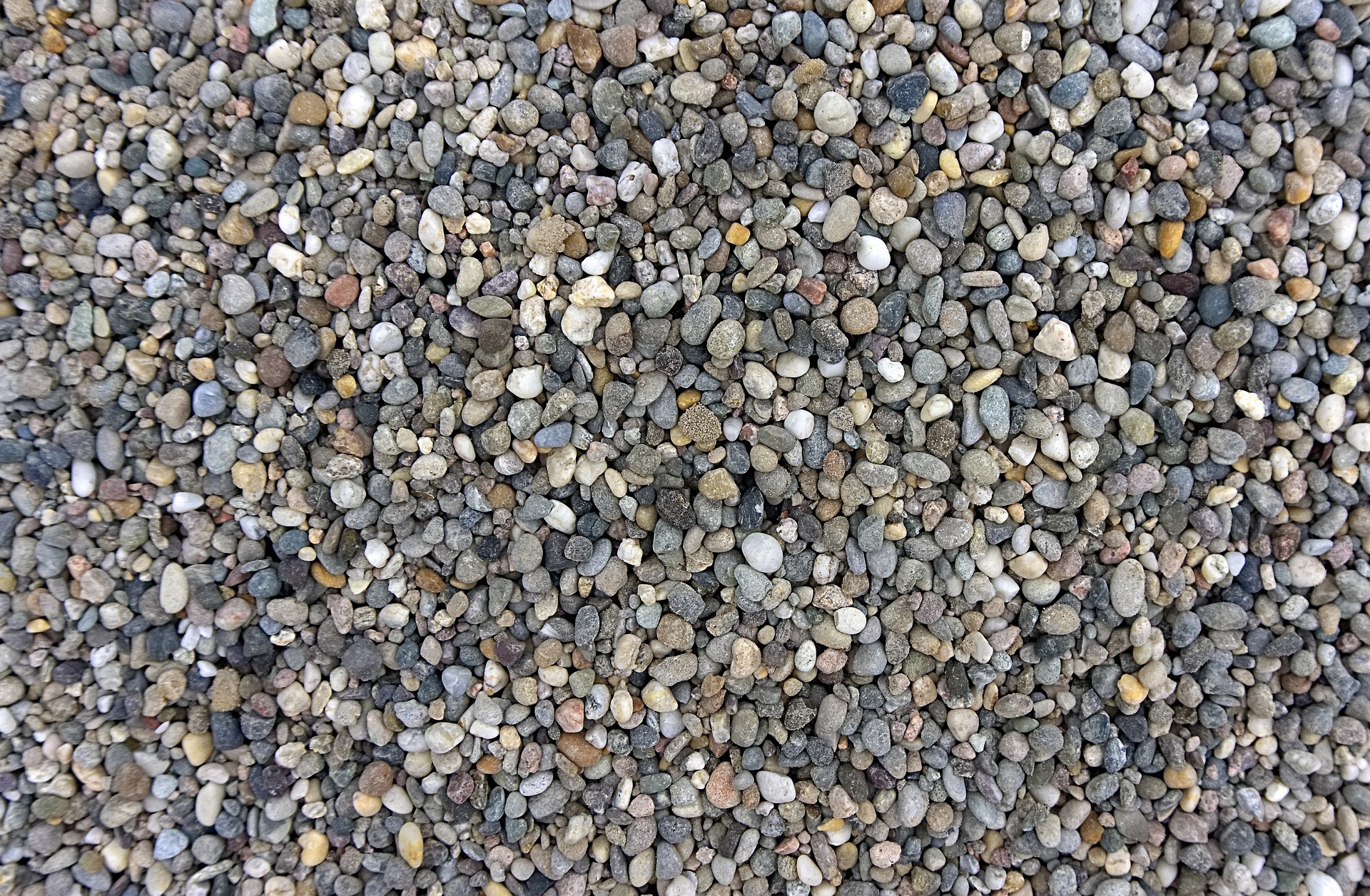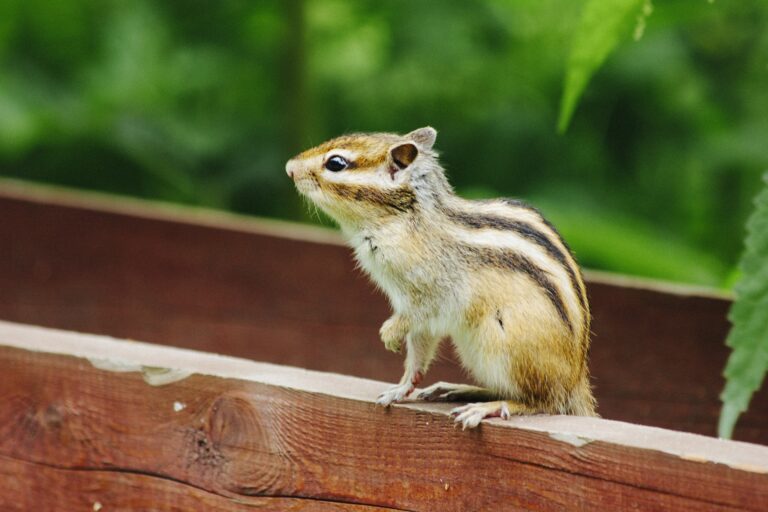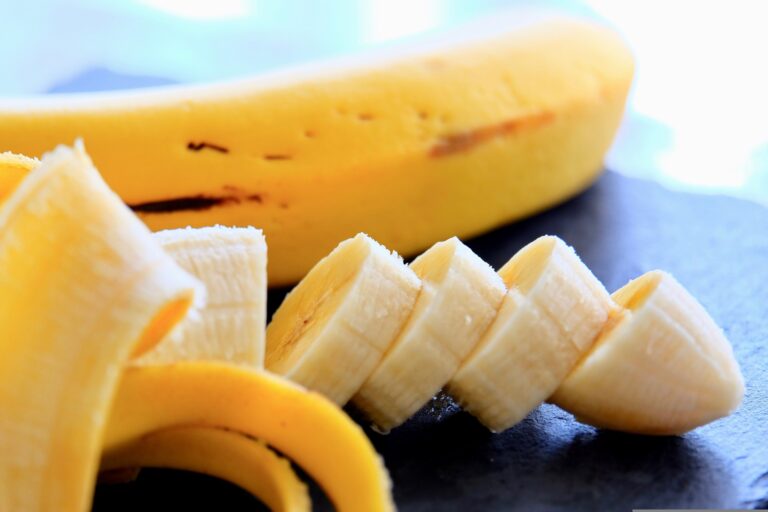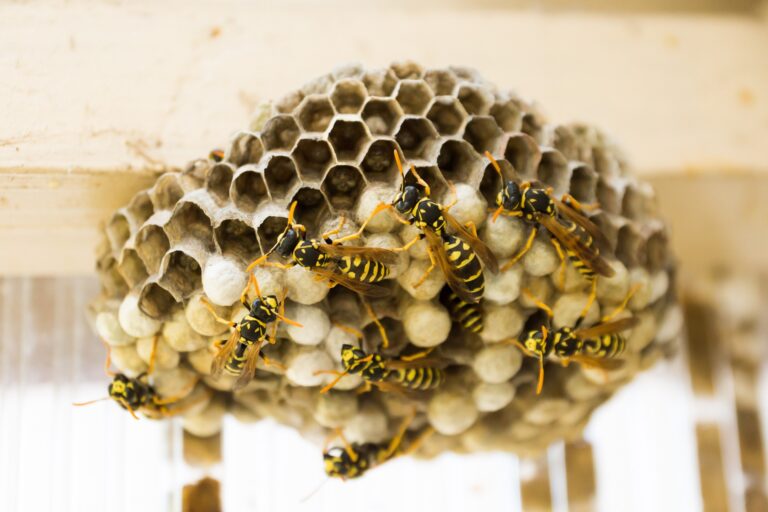Does Gravel Deter Slugs? No one wants to find slugs in their garden beds. They leave holes in the leaves of plants, they’re slimy, and they can even damage roots with their small teeth if you get too close!
Luckily, there are ways to keep slugs away from your garden beds and growing vegetables. One of the most effective is gravel, but does it really work? If you’re curious about gravel deterring slugs, read on to find out more!
Can Slugs Cross Gravel?
A lot of people ask if slugs can cross gravel. The answer is no, not as long as the gravel is at least one inch deep. Slugs are slimy creatures who don’t have any bones and they move by crawling or sliding across surfaces.
They need a surface that will allow them to be able to slide from one area to another. A thick layer of gravel would be too difficult for them to traverse because it doesn’t offer any traction for their bodies.
But, in some cases, you might find slugs on top of loose pieces of gravel. In these cases, it’s possible that there’s a damp layer underneath the gravel which is giving them enough moisture to allow for easier movement.
So, gravel works best to deter slugs in your garden.
How to Deter Slugs Using Gravel
Slugs love moist environments and hate dry ones. A simple way to keep slugs away is by sprinkling some gravel on a garden bed or around the area you want to protect.
The gravel will dry up the moist ground and slugs won’t be able to make it through it. The gravel can also be helpful for deterring snails if you don’t want to use snail pellets.
Gravel also doesn’t keep moisture and helps in evaporation from the soil, which unlocks the passage for the plants to photosynthesize properly. Placing some gravel underneath tall or delicate plants will help keep them upright when it rains or snow.
Why Does Gravel Deter Slug?
Gravel is a natural, sharp-edged material that can deter slugs because it acts as a barrier and prevents slugs from being able to cross over it. It’s also rough, which makes it uncomfortable for the slug to traverse.
One way to use gravel is by spreading some in areas where you know slugs are likely to be present, like near your garden or flowerbeds.
If this idea doesn’t appeal to you, another option would be to create barriers around specific plants so they don’t get eaten by the slugs. You could do this by using wire mesh or similar materials that aren’t easy for slugs to crawl through.
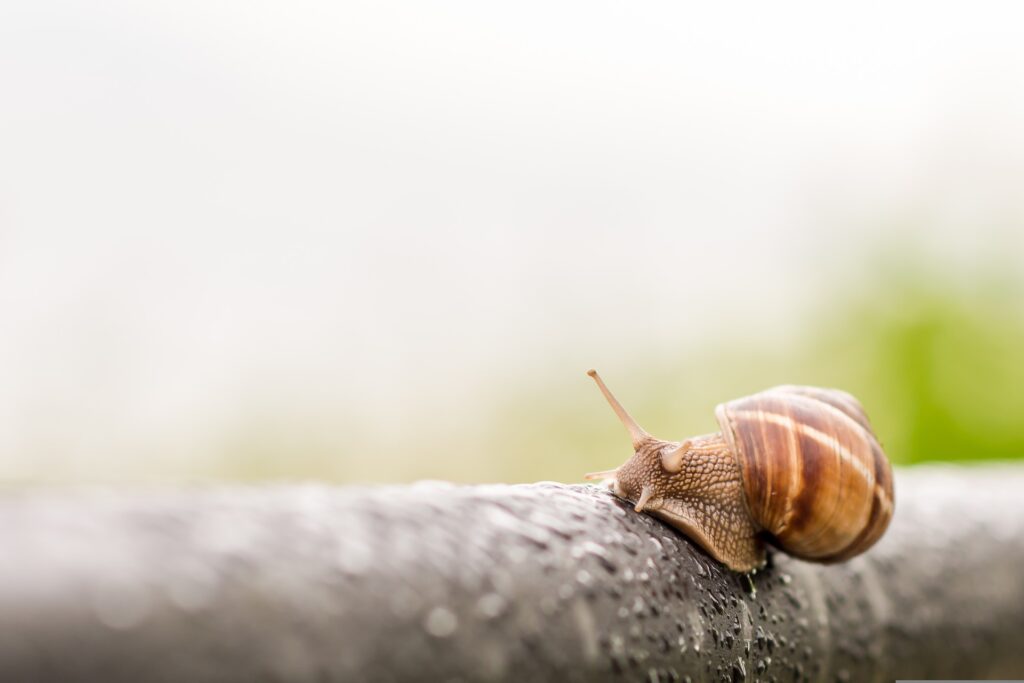
What Other Substances Deter Slugs?
There are many substances that slugs avoid, such as copper, salt, and chalk. The reason for this is that slugs do not have a strong sense of touch or taste so they will not know the difference between gravel and soil.
Here we have outlined some best slug deter substances.
- Slate
The scientific name for slugs is gastropods. Gastropods are mollusks that are invertebrates. Slugs do not have any bones and they do not have jaws. That is why they must use their stomachs to rip apart plants and other sources of food.
One way to keep them out of your garden is by placing slate on the ground around your plants or by surrounding the perimeter with small piles of it. It should be noted, however, that this will only deter them if the slate doesn’t get washed away with rain or water from sprinklers.
Another way would be to place sheets of metal over top of the soil in order to make a barrier between slug-infested dirt and your healthy plants.
- Mulch
Mulch is a type of material that gardeners use to deter slugs. Mulch can be made out of different materials, but it is most often made out of organic materials such as hay, straw, leaves, or pine needles.
Gardeners use a mulch to help keep the soil moisture at an even level and also to prevent weeds from growing in the garden.
The mulch helps deter slugs because they do not like crawling across it and will often crawl around on top of it instead which deters them from eating plants.
It has been found that a 3-inch layer of mulch is the perfect thickness for keeping slugs away from plants without hurting the plant’s root system.
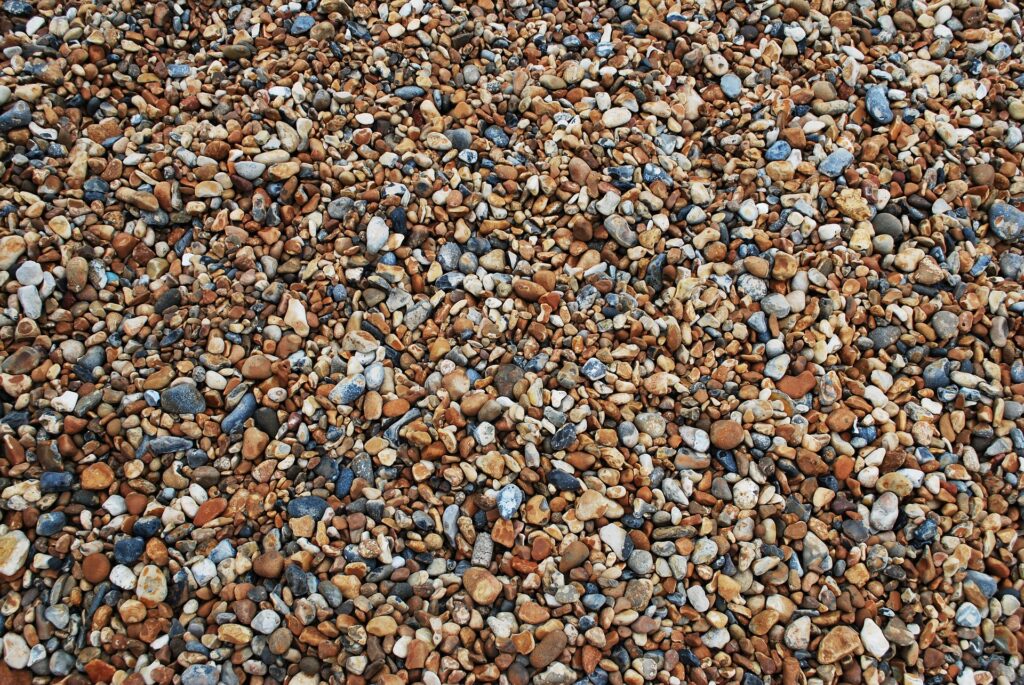
Does Gravel Deter Other Pests?
Many gardeners use gravel in the beds of their gardens to deter slugs. However, slugs are not the only pests that can make your beautiful outdoor space a nightmare.
Here is a list of pests you may need to be aware of and use gravel to fight against them.
- Mice
Gravel is a natural substance that has long been used to deter slugs. It’s not surprising, then, that gravel is often used many times as defense against slugs when they appear in a garden.
Place large pieces of gravel against mice to make them less likely to cross over it and into your garden. This is effective because of the rough texture of gravel, which makes it difficult for mice to pass on, and due to its weight, which can be enough to injure mice.
- Snails
Gravel is one of the best home remedies for deterring snails and slugs. In fact, it’s been shown that adding gravel to gardens can reduce slug populations by up to 75%.
This is because when snails and slugs try to cross the stones, they often get stuck in the spaces between them or on top of them, which causes them to dry out and die.
There are many other ways you can prevent these pests from coming into your yard in the first place. For example, if you grow vegetables on a raised bed, you can just bury a few inches of rocks around the perimeter of it to keep snails and slugs out.
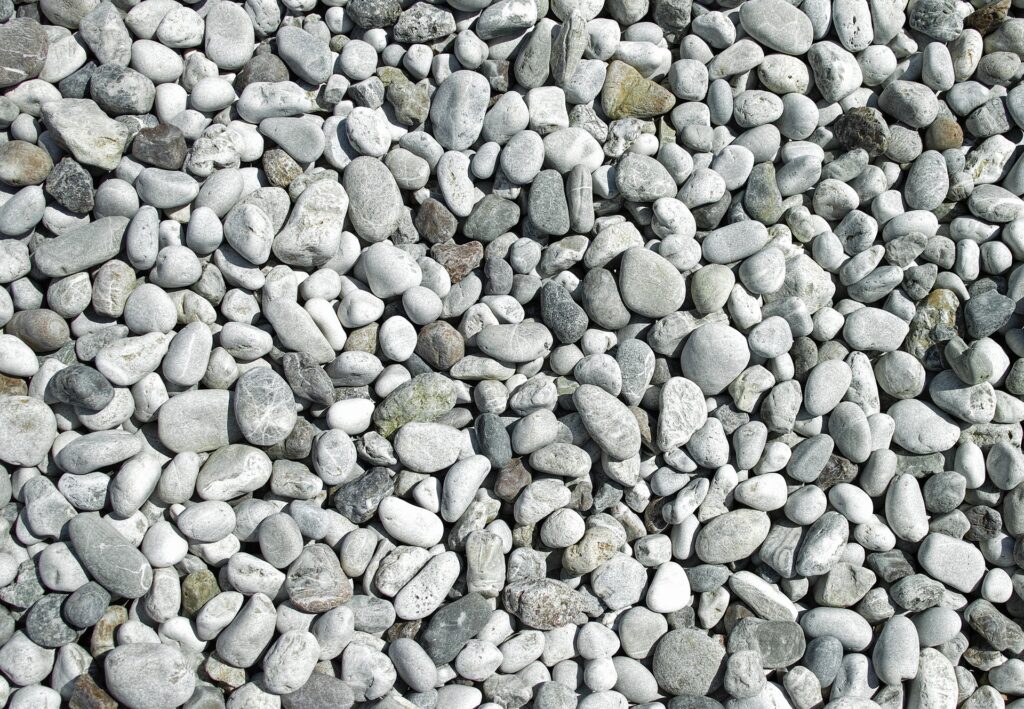
Does Gravel Attract any Unwanted Pests?
Adding gravel to your garden is a great way to help deter slugs and snails, but it can also attract some other unwanted pests like termites. If you’re worried about adding gravel to your garden, there are some ways that you can use pea gravel against them.
One option is to put crushed shells or sand in between the pieces of pea gravel. Termites will be discouraged from coming over the top of the piece of gravel because they have difficulty climbing up over rough surfaces, so they will instead find their way around the edges of it.
You can also create a barrier by burying pieces of cardboard along an imaginary borderline in order to keep them out as well.
You might even want to try filling the bottom of containers with some small stones before adding potting soil; this way any termites that do come across a piece of gravel will get stuck inside when they try and climb back down.
Finally, if you need to fill in large areas with pea gravel, simply spread it on top of a layer of wood chips first.
Things to consider while Placing Gravel in your Garden
However, there are some things you should keep in mind before using this method.
First of all, this method does not provide any protection for plants from other types of animals such as deer or rabbits.
Second, if you place the gravel too close to your plants it may restrict their growth or harm their roots by restricting airflow to the soil surface.
Third, while adding pieces of gravel to the perimeter of your garden will work well, placing large pieces directly next to your plants can also cause problems like damaging leaves and stems when they come into contact with the sharp edge of a rock.
Know More About What Smells Do Wasps Hate?
Conclusion about Does Gravel Deter Slugs?
There is no one universal answer to the question of whether or not gravel deters slugs. It all depends on your garden and your preferences.
If you are willing to experiment, try a variety of different solutions until you find one that works for you. And remember to always be mindful of the surrounding environment when adding any material to your garden.
Nevertheless, if you are experiencing a slug infestation, you may find some relief by adding gravel around your plants.
Meet Tomas Clayton, a seasoned plant gardener who has been passionate about horticulture since he was a child. Tomas John developed a love for the natural world and a strong appreciation for the beauty of plants while growing up on a farm.

